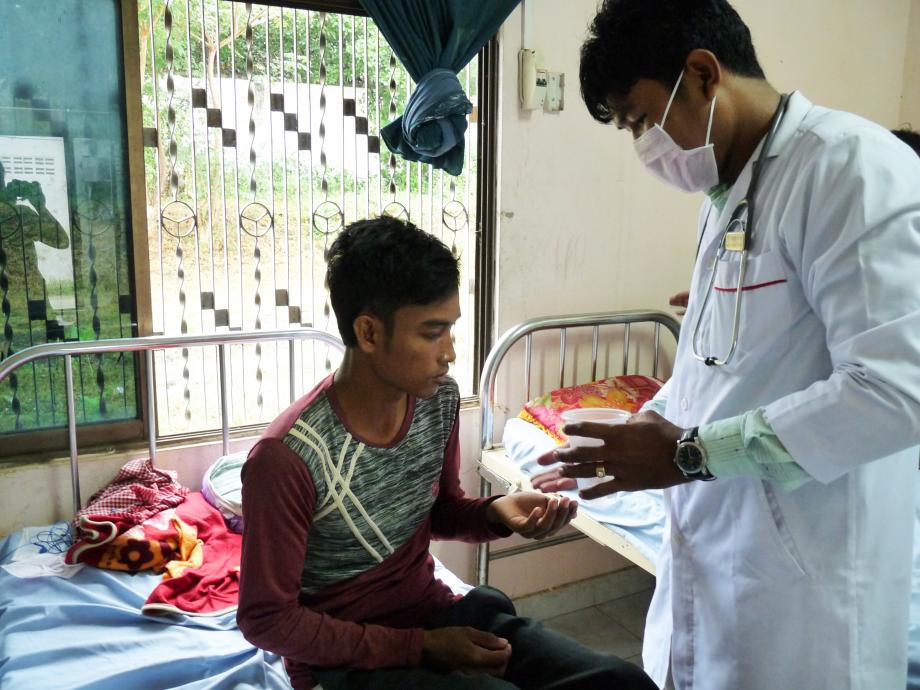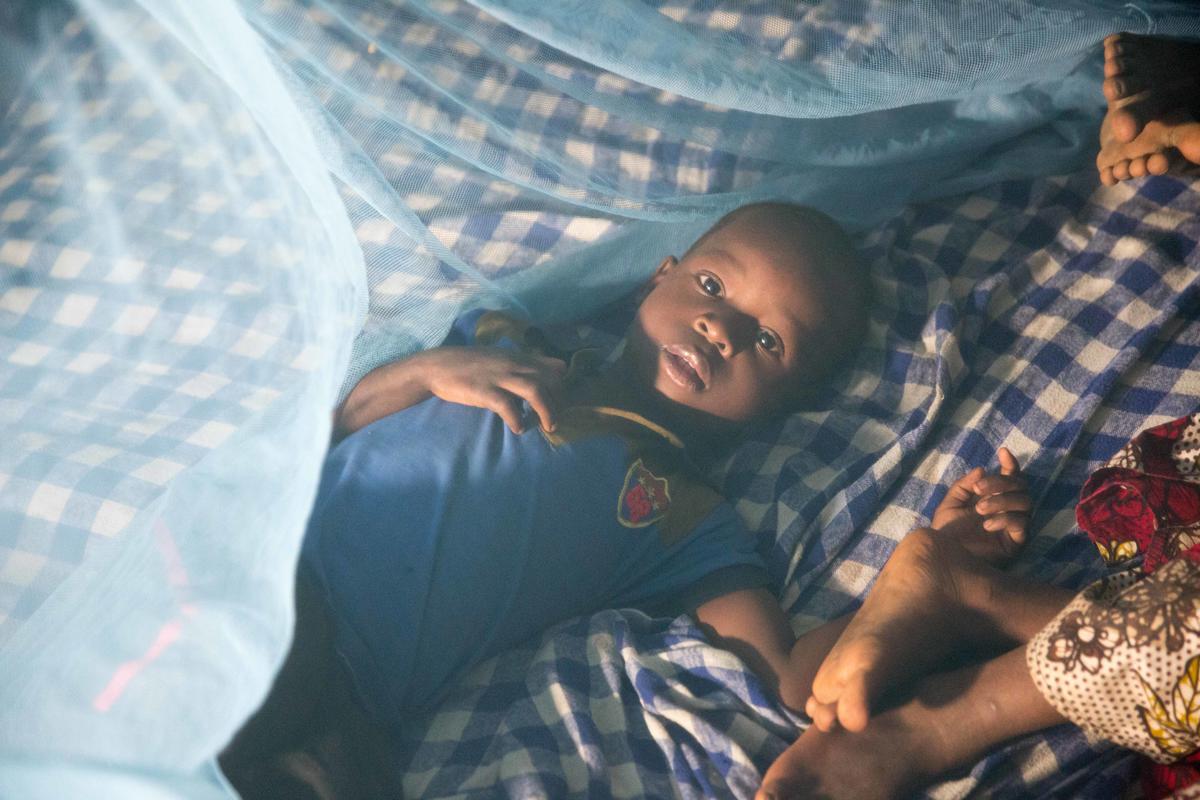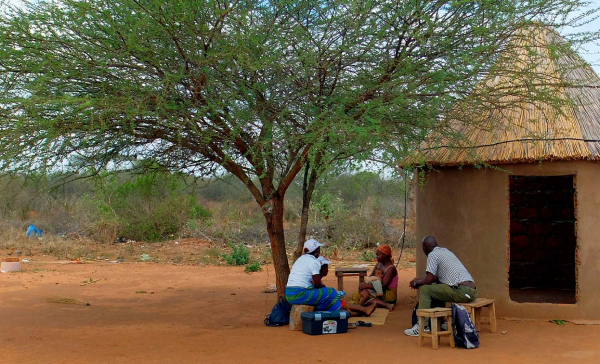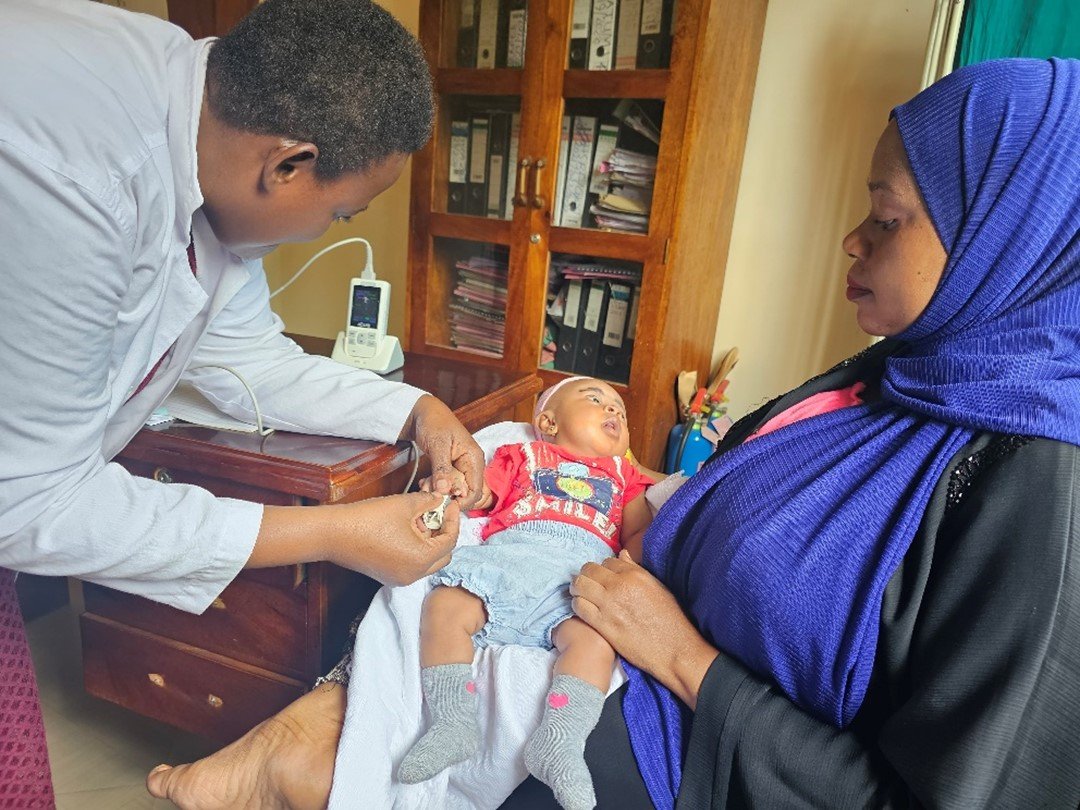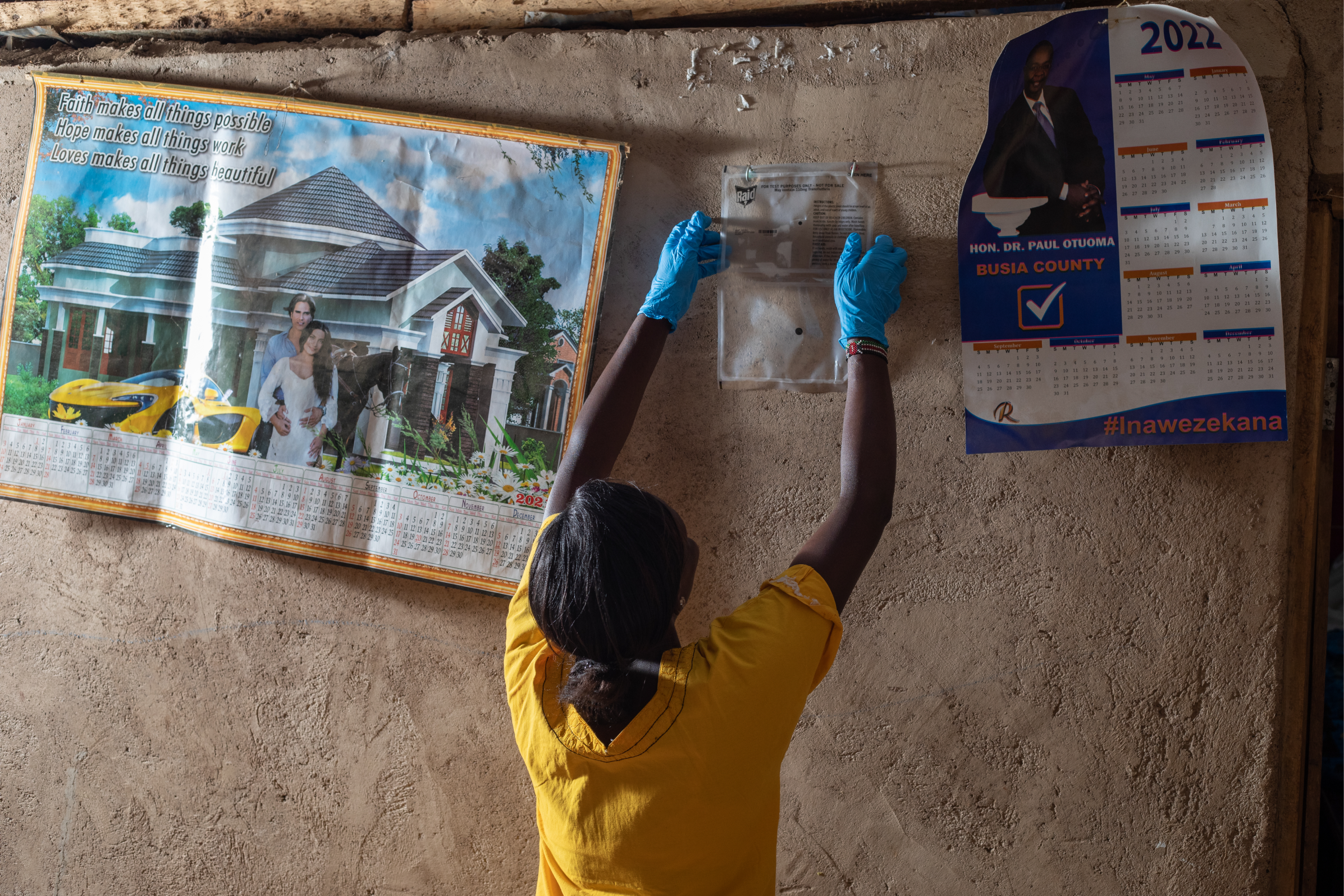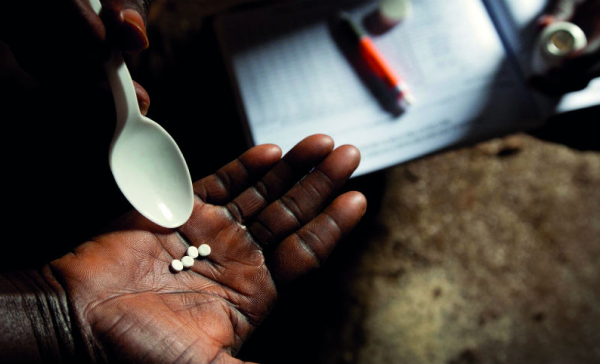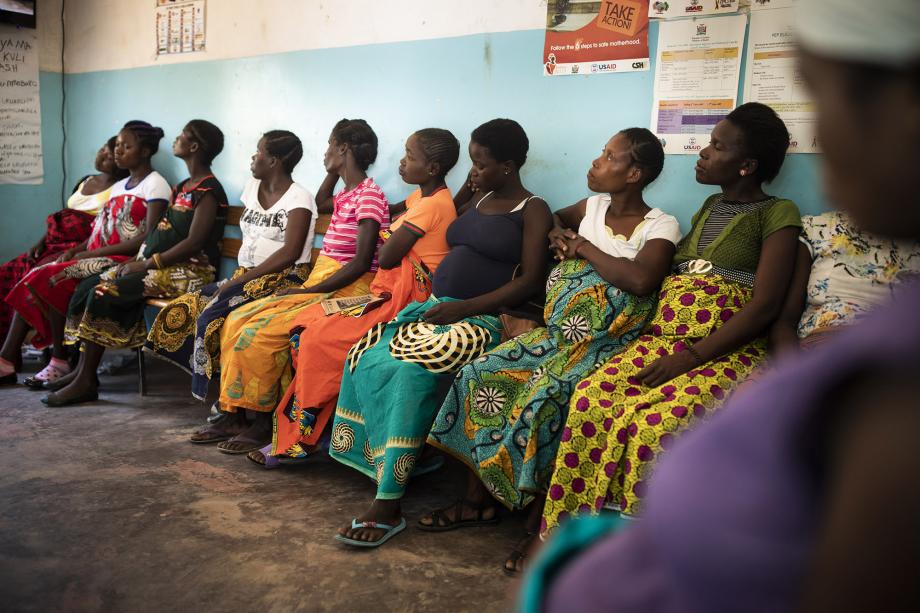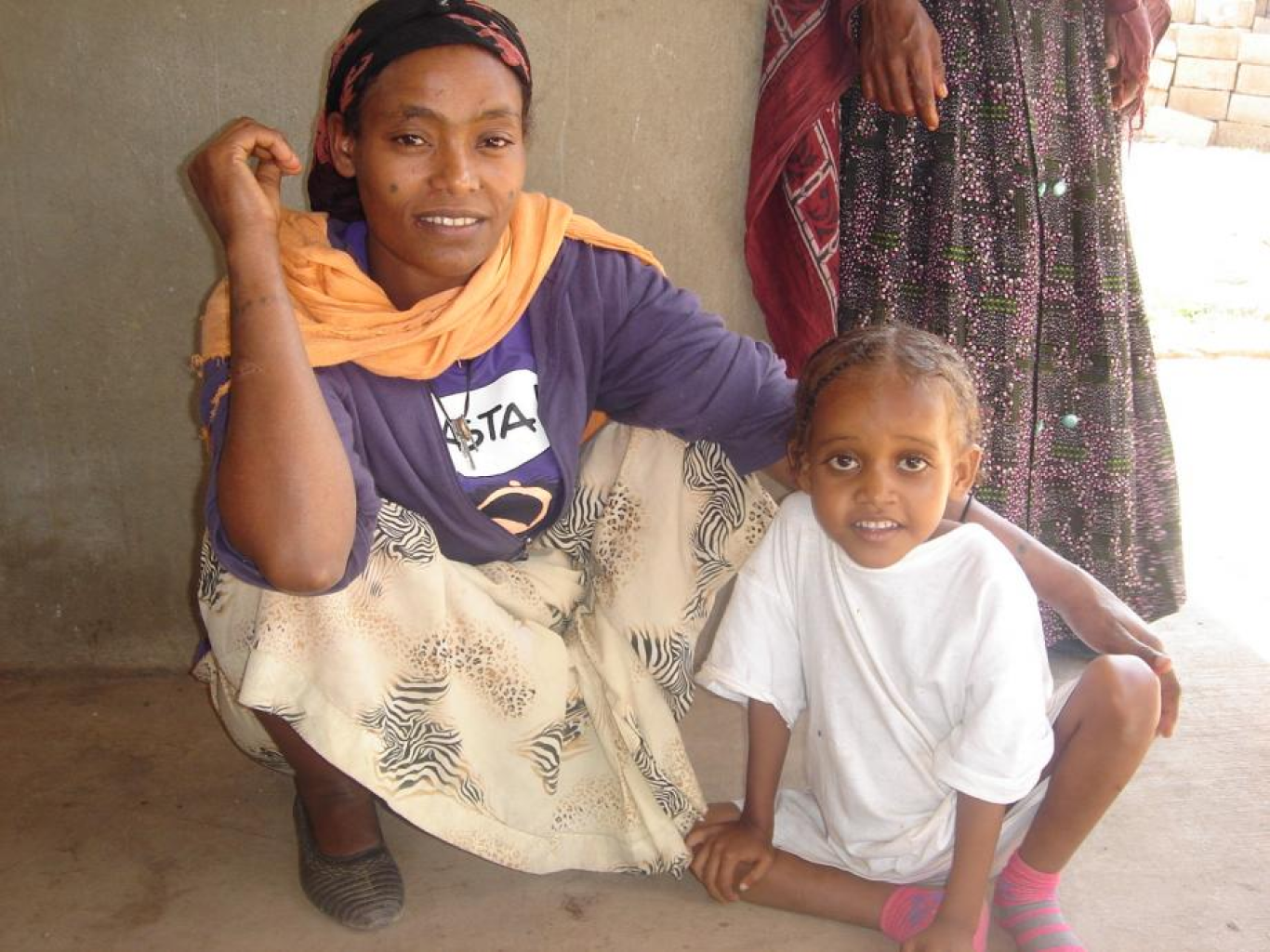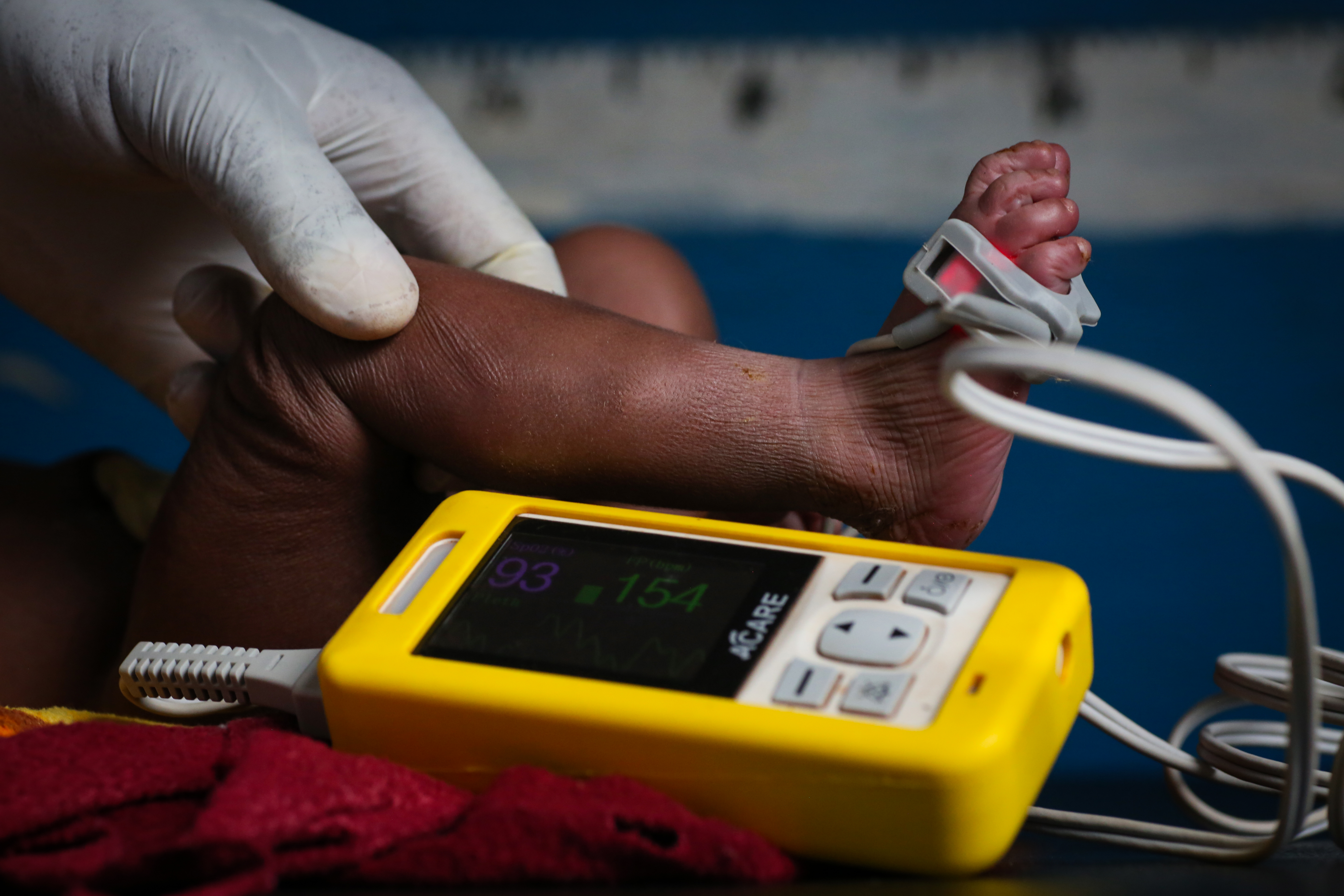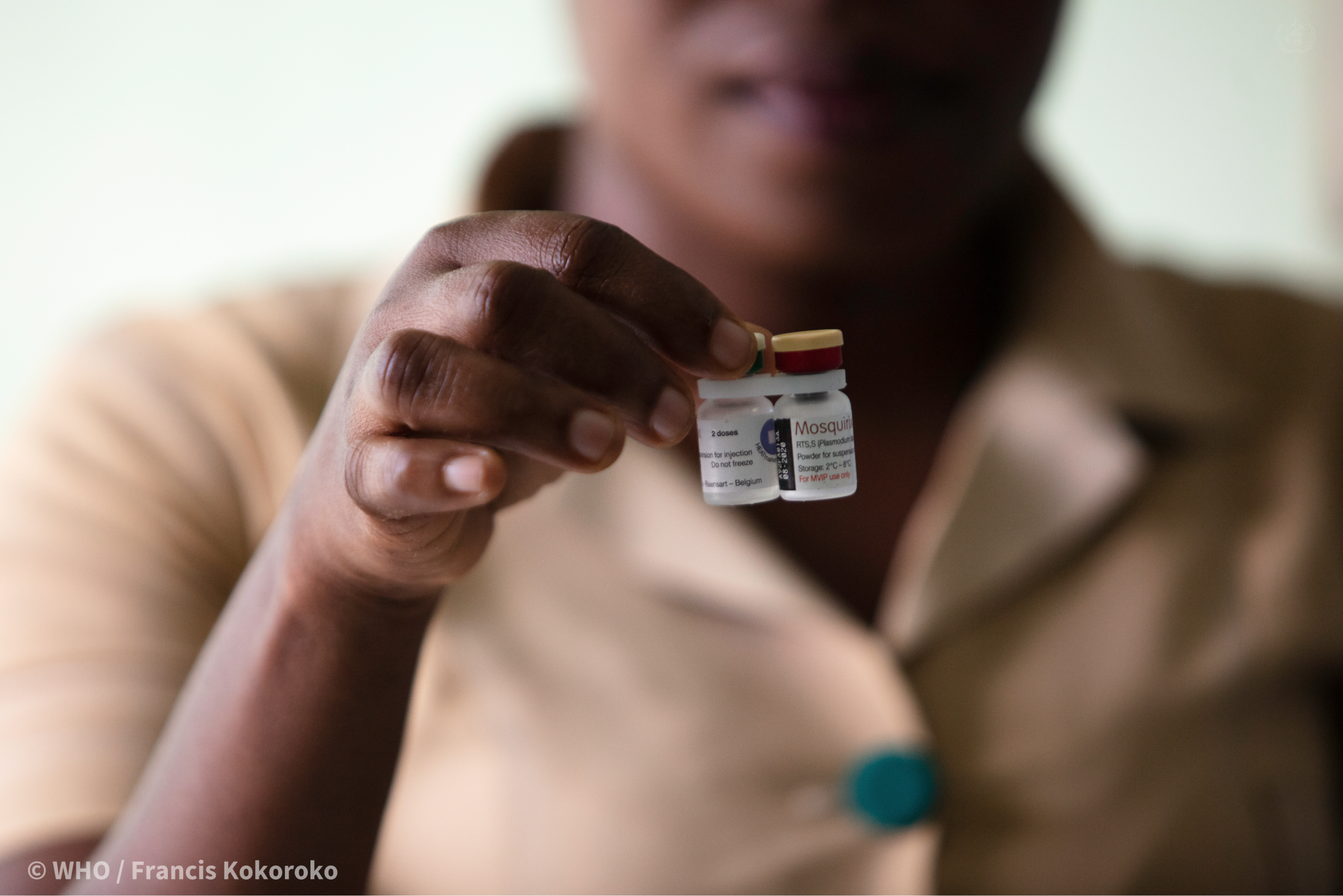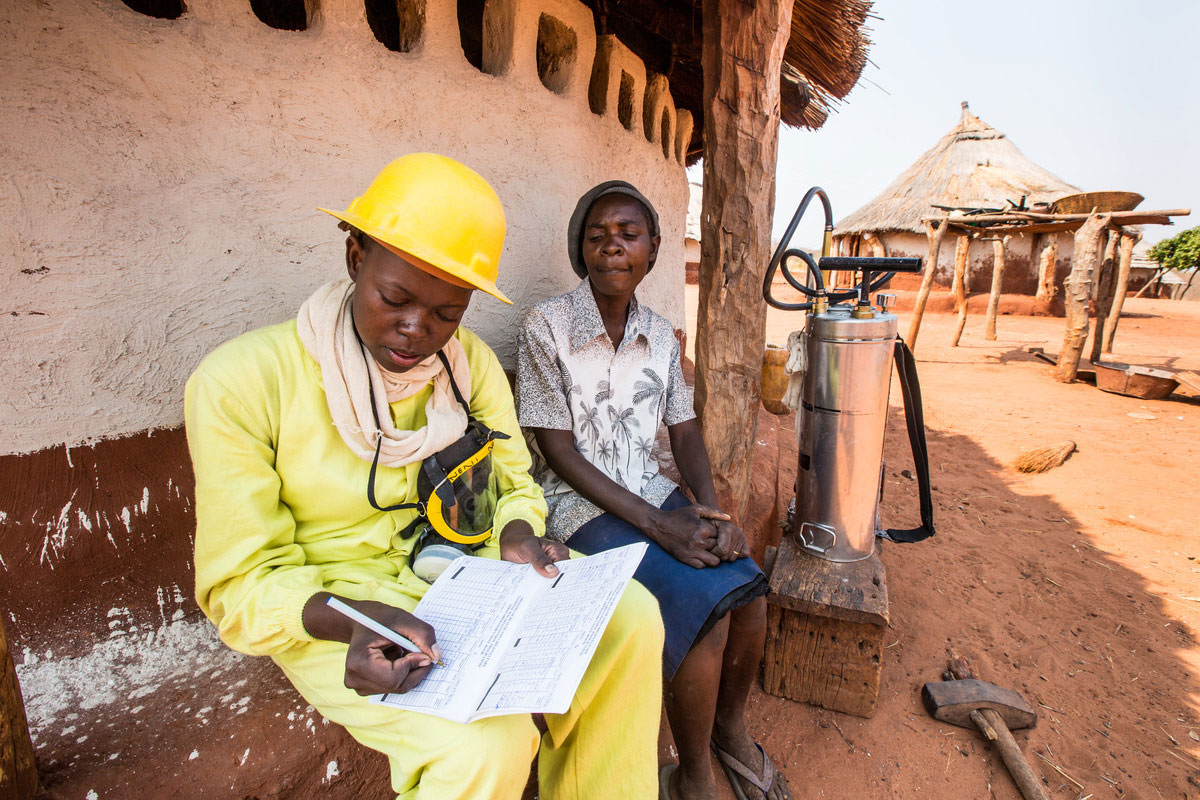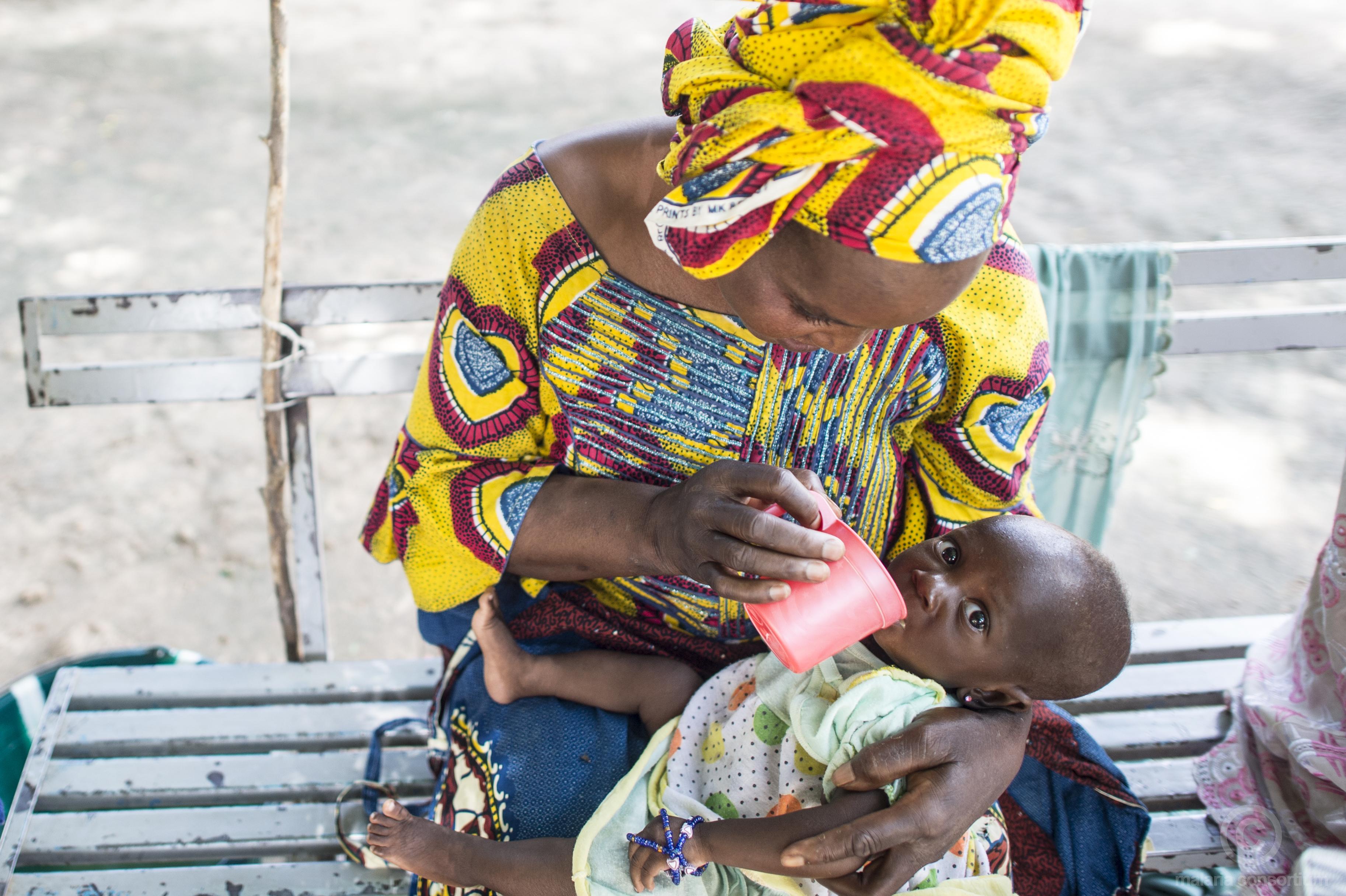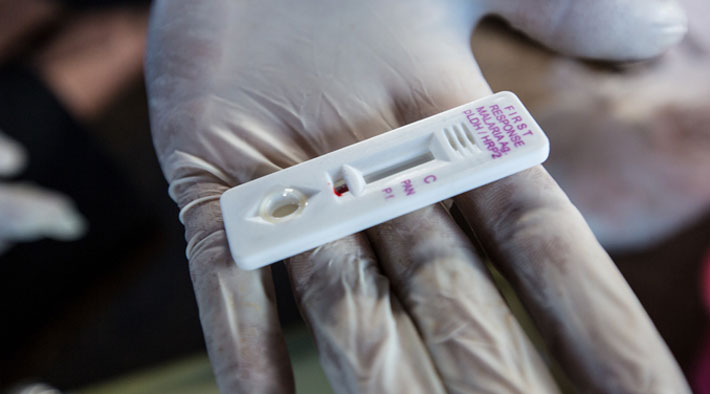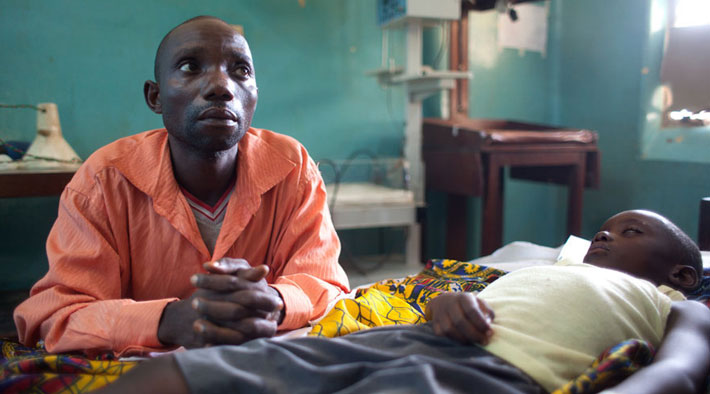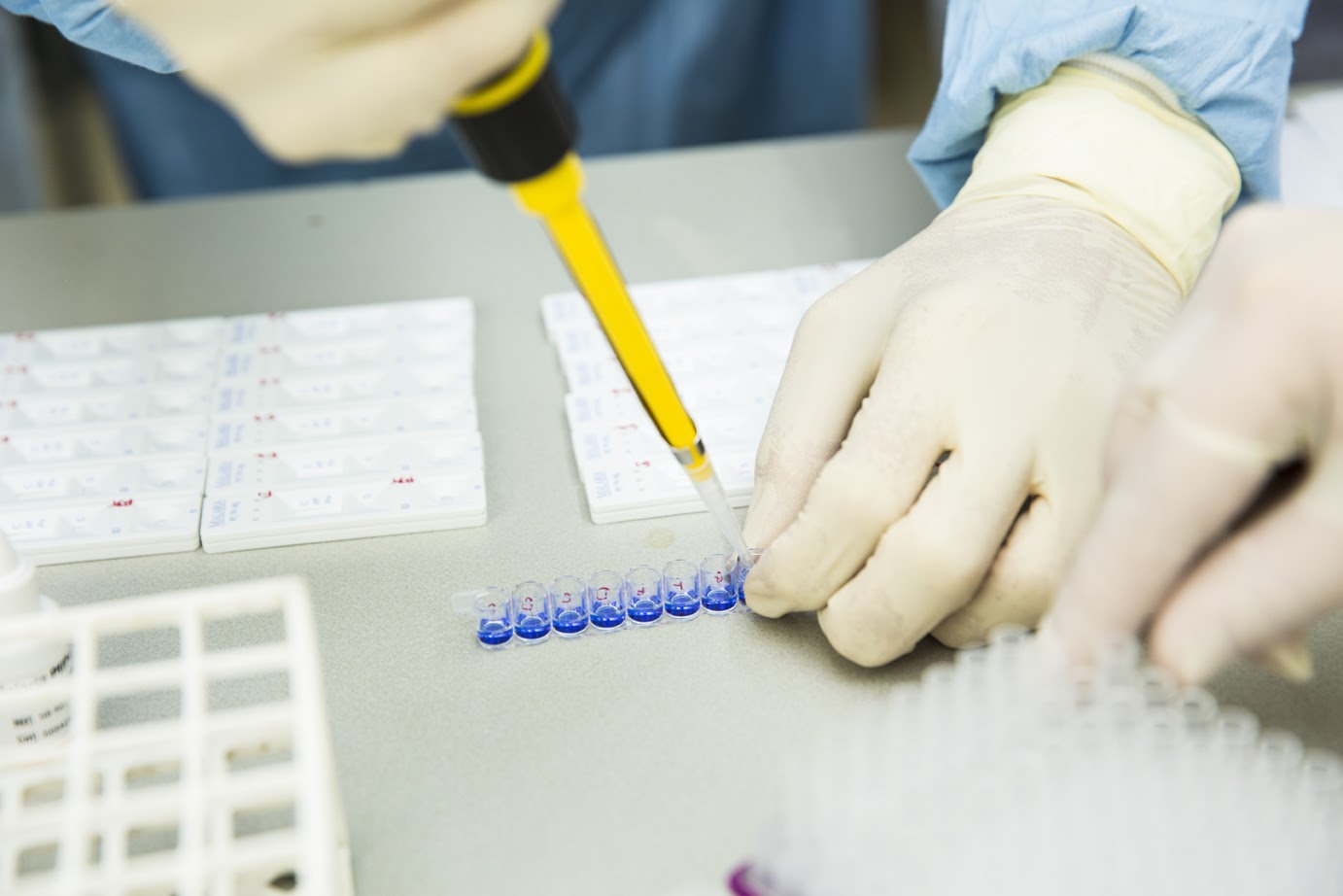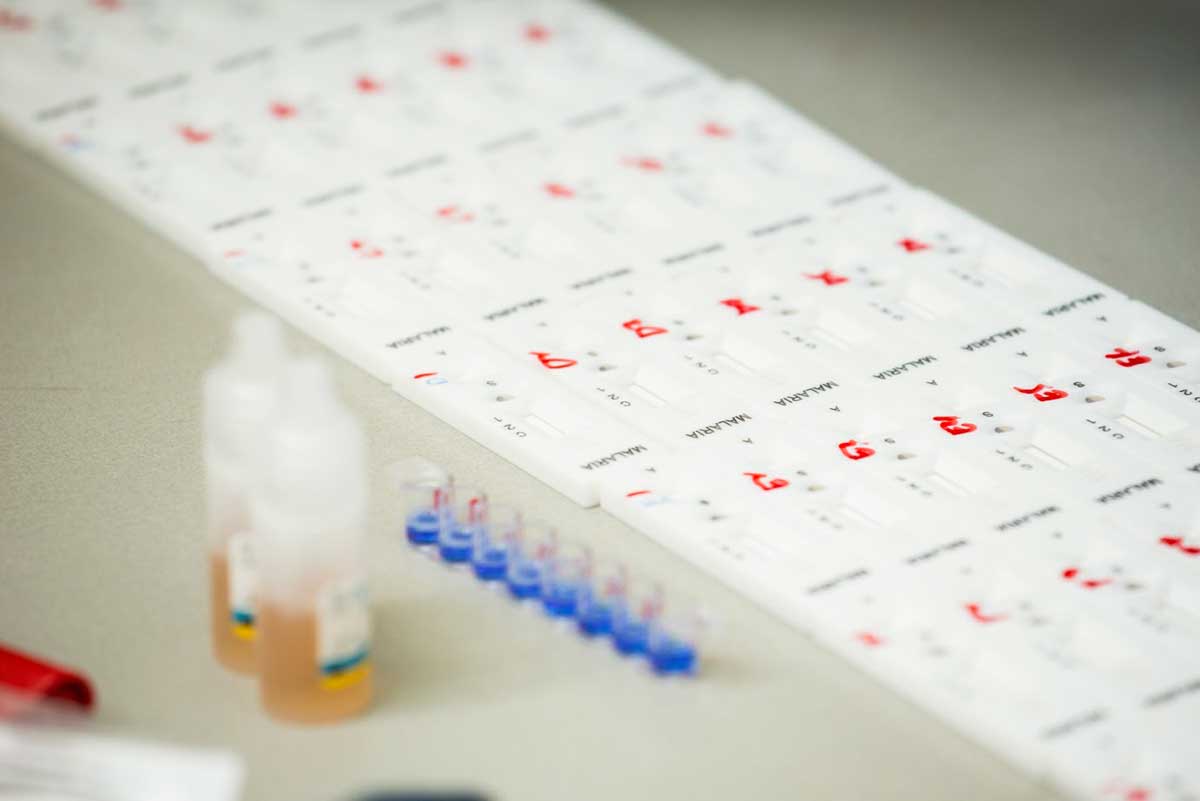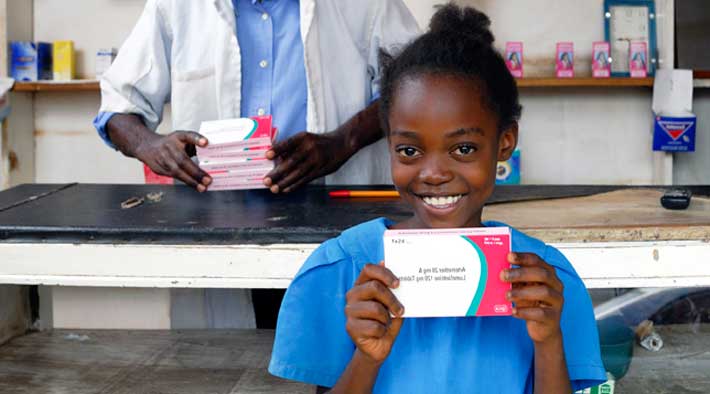The problem
Mosquito nets are a cornerstone of malaria control. The widespread use of two vector control tools – insecticide-treated mosquito nets and indoor residual sprays – are credited with nearly 80% of the reduction in malaria achieved in Africa between 2000 and 2015. However, mosquitoes have developed increasing resistance to the pyrethroid insecticides used on conventional nets, which are becoming less effective.
Emerging research suggested that nets treated with two active ingredients could reinforce this critical vector control tool, but the World Health Organization required more evidence to be able to recommend the products. Additional barriers such as cost and supply needed to be addressed in parallel to ready the market, in the case of a recommendation.
Download the project evaluation
Our response
The New nets project played a catalytic role in the introduction of the dual-insecticide nets, including market interventions to support affordability. This joint Unitaid and Global Fund-supported initiative with US$33 million invested from each agency was led by Innovative Vector Control Consortium (IVCC). The project’s unique design of parallel collection of epidemiological and entomological data and cost-effectiveness studies significantly reduced the timeline for entry of the new nets into the market and wide-scale adoption.
Randomized controlled trials over a two-year period demonstrated that the dual active ingredient insecticide-treated nets reduced malaria infections by approximately 50% among children between the ages of 6 months and 10 years. This research paved the way for the WHO’s recommendation in 2023.
By facilitating quality certification and working with different manufacturers, the project scaled up production and increased the availability of the new mosquito nets in many low- and middle-income countries.
The New Nets Project deployed over 38.4 million nets across sub-Saharan Africa over the course of the project. With scale-up partners quickly taking up implementation, by 2024 the new nets had averted an estimated 13 million malaria cases and 24,600 deaths.
* The New Nets Project was a US$66 million initiative, with Unitaid and the Global Fund each contributing US$33 million.







